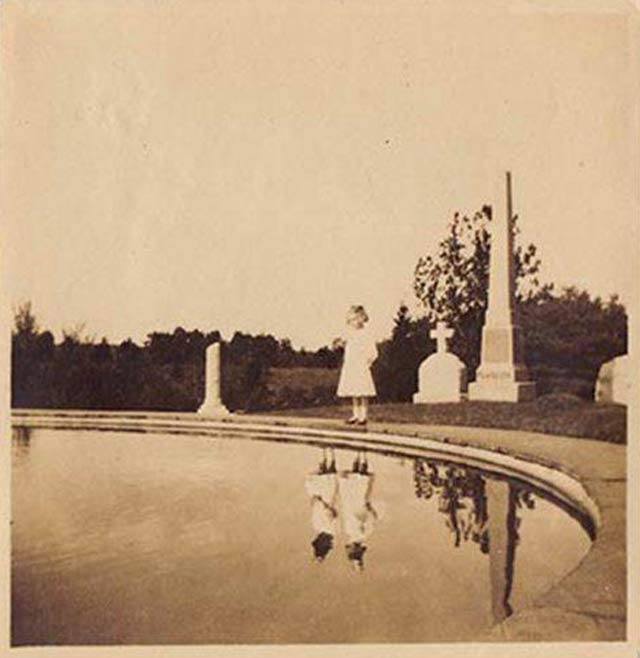David Hume, a name synonymous with the Scottish Enlightenment, was not only a philosopher of high repute but also a historian, economist, and essayist whose works have had a lasting impact on literature and philosophy.
Born on May 7, 1711, in Edinburgh, Scotland, Hume’s intellectual journey led him to question the very foundations of human knowledge and understanding.
A Treatise of Human Nature Hume’s most comprehensive work, “A Treatise of Human Nature” (1739), is a profound exploration of psychology, philosophy, and the limits of human understanding. In this work, Hume discusses how our beliefs about the world are formed from our sensory experiences and the ‘impressions’ they leave. This book laid the groundwork for his later essays and inquiries. (Article contains Affiliate links.)
An Enquiry Concerning Human Understanding In “An Enquiry Concerning Human Understanding” (1748), Hume delves into the nature of human cognition and the process of scientific inquiry. He argues that our understanding of cause and effect is not derived from reason alone but from our experiences. This work is a cornerstone of empirical philosophy and remains a key text in the study of epistemology1.
An Enquiry Concerning the Principles of Morals Another significant contribution to moral philosophy is Hume’s “An Enquiry Concerning the Principles of Morals” (1751). Here, Hume examines the basis of morality, suggesting that it stems from human sentiment rather than divine command or rational deduction. His approach to ethics as a social construct influenced later thinkers and writers.
The History of England Apart from his philosophical treatises, Hume also penned “The History of England,” a six-volume work that covers the expanse from the invasion of Julius Caesar to the reign of James II. Published between 1754 and 1762, this monumental work showcases Hume’s prowess as a historian and his ability to weave narrative with insightful analysis.
Dialogues Concerning Natural Religion In “Dialogues Concerning Natural Religion” (1779), Hume explores religious belief through a series of fictional dialogues. This posthumously published work is a critical examination of the argument from design and the nature of religious faith. It is considered one of the most important texts in the philosophy of religion1.
Legacy and Influence David Hume’s influence extends beyond philosophy into the realms of literature and the human sciences. His clear, concise, and often witty prose has inspired generations of writers and thinkers. Hume’s skepticism and empiricism challenged the dogmas of his time and encouraged a more critical and questioning approach to understanding the world around us.
Hume’s works are not just historical artifacts; they are living texts that continue to provoke thought and debate. For those interested in literature and books, Hume offers a treasure trove of insights into the human condition, the workings of society, and the pursuit of knowledge. His legacy is a testament to the power of the written word to challenge, enlighten, and engage readers across the ages.






Leave a Reply